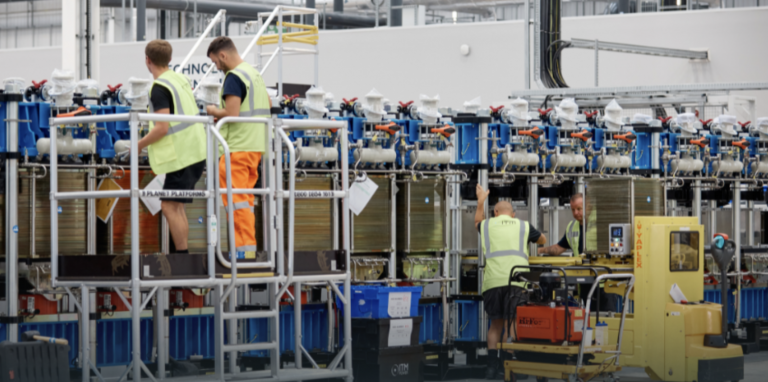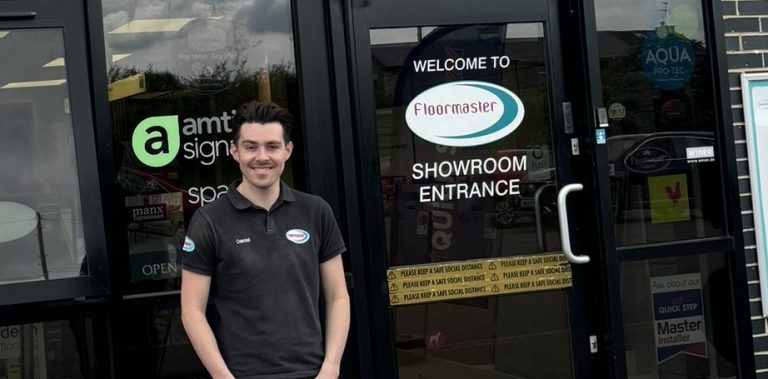Sir Kier Starmer’s ew Government should target pro-growth policies at small businesses and self-employed people, says the Federation of Small Businesses after the latest ONS figures showing that GDP rose by 0.4% in May.
Martin McTague, National Chair of the FSB, said: “The good growth registered in May picks up the momentum from the strong economic expansion seen in the first quarter, following April’s lull.
“To achieve the Prime Minister’s ambition to drive wealth creation in every community, the new Government should look to quickly build on this result with further pro-growth policies targeted at small firms and self-employed people.
“The King’s Speech next week will provide an excellent opportunity for the new Labour Government to show it is truly committed to the success of the small business community.
“Shortly after the General Election was called, we pulled together over 150 growth-focused recommendations to form a
manifesto for small businesses and the self-employed.
“In it, we highlighted issues such as the need for planning reform and a Small Housebuilders Strategy to ensure that smaller construction firms are at the heart of delivery plans for new homes and upgraded infrastructure, as well as drawing back foreign visitors who have been tempted elsewhere by reintroducing an expanded tax-free shopping scheme, which could add billions to the economy.
“In order to invest in growth, small businesses need access to affordable finance of various kinds, without lenders discouraging risk-taking by demanding personal guarantees as a blanket policy. We were pleased to secure the evolution of the Recovery Loan Scheme into the Growth Guarantee Scheme, which is now live and making more small business bank loans viable.
“As a recipe for the growth we all need, we hope the new Government makes sure every decision it takes considers the needs of small firms, as well as the indispensable contribution they make to the economy.”












